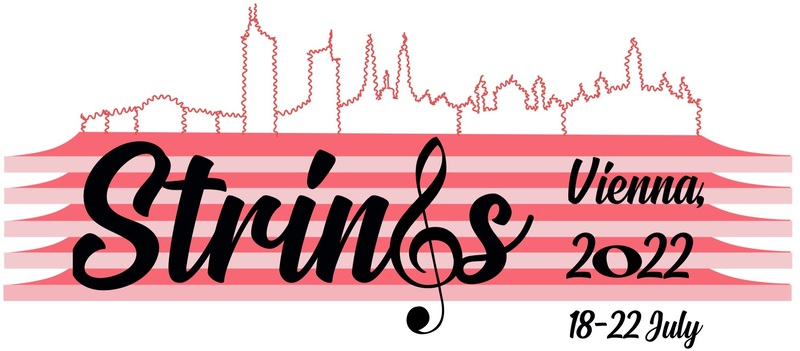Speaker
Description
Fracton phases of matter are characterised by excitations with restricted mobility. While much of their theoretical description remains shrouded in mystery, a robust line of attack involves their spacetime symmetries and their coupling to geometric backgrounds which realise these symmetries locally. One class of fracton theories derive their mobility constraints from a conserved dipole moment. The simplest theory with a global dipole symmetry involves a complex scalar, while gauging the dipole symmetry leads to a symmetric tensor gauge field and a scalar gauge field whose dynamics are governed by "scalar charge gauge theories" that generalise Maxwell theory. The spacetime symmetries of these theories are "Aristotelian" (which in particular means no boost symmetry), and the curved spacetimes to which these theories couple are those which locally realise the Aristotelian symmetry algebra: so-called Aristotelian geometries. These are non-Lorentzian geometries, which in particular means that there is no metric. I will show how to couple both the scalar dipole symmetric theory and the scalar charge gauge theory to curved Aristotelian backgrounds. While the scalar theory may be coupled to arbitrary backgrounds, the scalar charge gauge theory can only be coupled to curved spaces if the magnetic sector is traceless, and even then the geometry must satisfy a certain condition. If we only curve the spatial part of the background, this condition reduces to the requirement that the background has constant sectional curvature.
